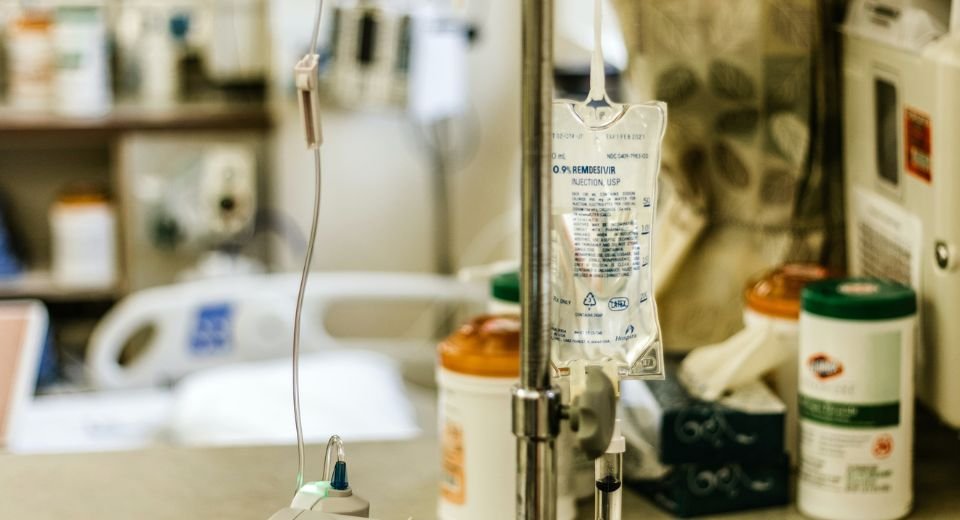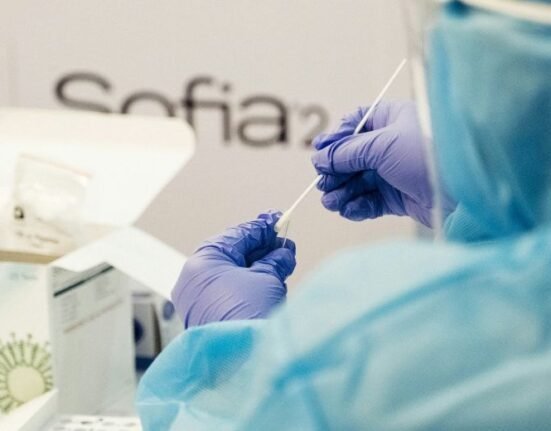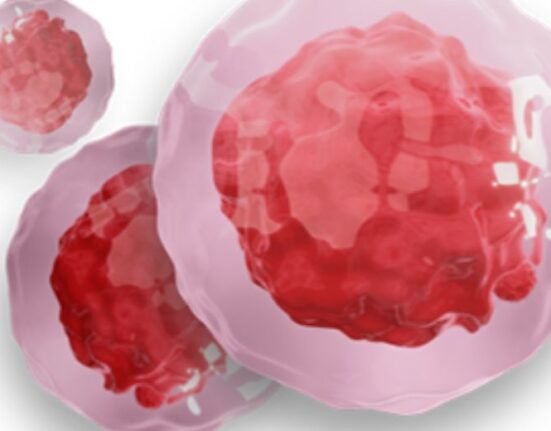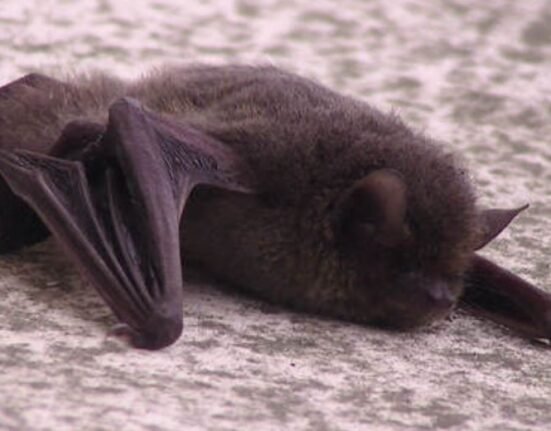HQ Team
December 28, 2022: A third of the world’s population has still not received a single dose of the Covid-19 vaccine, including 83% of all Africans, according to the WHO.
There needs to be more equity, where lower-income countries consistently struggle to access essential vaccinations, which are in demand in wealthier countries, WHO chief, Tedros Adhanom Ghebreyesus, said in a statement.
“This is not acceptable to me, and it should not be acceptable to anyone”, said Tedros. “If the world’s rich are enjoying the benefits of high vaccine coverage, why shouldn’t the world’s poor? Are some lives worth more than others?”
The Covid-19 virus has claimed the lives of more than 6.5 million people globally.
As the Covid-19 virus still mutates into new variants, other diseases such as HIV, Ebola and malaria are raising their ugly head.
HIV
In 2021, there were 1.5 million new HIV infections and 650,000 AIDS-related deaths. UN Member States signed a political declaration at the General Assembly in 2021 to end the virus by the end of the decade.
“But it was clear this year that swifter action would be needed if that goal is to be met…The pandemic has thrived as COVID-19 and other global crises put a strain on resources, to the detriment of HIV programmes,” according to the statement.
In November, UN chief António Guterres said that the 2030 goal of ending AIDS is off-track, and HIV-infected people face discrimination, stigma, and exclusion.
In 2022 the first injection to offer long-lasting protection against HIV was unveiled in South Africa and Brazil as an alternative to daily medication.
WHO recommends using the drug, Cabotegravir, which only needs to be injected six times a year, for people at substantial risk of HIV infection. In July, the UN reached a deal with the company that developed the drug to allow low-cost, generic formulations to be produced in less-developed countries, a move that could save many lives.
ViiV Healthcare, the global specialist HIV company majority-owned by GlaxoSmithKline plc (GSK), with Pfizer Inc. (Pfizer) and Shionogi Limited (Shionogi) as shareholders, developed and got FDA approval in February.
Ebola virus
In April, WHO mobilised health workers to fight the deadly Ebola virus outbreak in the Democratic Republic of Congo (DRC), the sixth recorded outbreak in just four years.
By mid-November, 141 cases and 55 deaths were confirmed, and the UN health agency stated that it was working closely with the Ugandan authorities to speed up the development of new vaccines.
Cholera returned to Haiti in October, and the existing lawlessness and degraded sanitation system worsened it.
“The situation was exacerbated by gangs blockading Haiti’s main fuel terminal. That led to a deadly fuel shortage that forced many hospitals and health centres to close and affected water distribution.”
The UN children’s agency, UNICEF, declared in November that youngsters account for around 40% of cases in Haiti.
Aleppo city
The bacterial disease broke out in the Syrian city of Aleppo in September due to people driving unsafe water from the Euphrates and using contaminated water to cultivate crops.
A cholera outbreak in Lebanon, the first in thirty years, spread in November. The WHO stated that the situation was fragile, with Lebanon facing a prolonged crisis and limited access to clean water and proper sanitation across the country.
The data released by WHO in December pointed to cases of infection in around 30 countries, whereas fewer than 20 countries reported infections in the previous five years.
“The situation is quite unprecedented, for not only we are seeing more outbreaks, but these outbreaks are larger and more deadly than the ones we have seen in past years,” said Dr. Barboza, WHO Team Lead for Cholera and Epidemic Diarrhoeal Diseases.
Conflict and mass displacement continue to be significant factors in allowing cholera to spread, and the climate crisis is playing a direct role in the growing number of simultaneously occurring outbreaks, he said.
Mpox outbreak
Another unknown disease called monkeypox or mpox was waiting in the wings, and WHO in July declared that mpox qualified as a “global health emergency of international concern.”
As the virus was concentrated among men who have sex with men, especially those with multiple sexual partners, the outbreak could be stopped, “with the right strategies in the right groups,” the WHO stated.
By December, more than 80,000 cases were reported in 110 countries, with 55 deaths.
Malaria remained one of the biggest killers of children under five. In 2020, nearly half a million boys and girls died from the disease in Africa alone, a rate of one death every minute.
In August, UNICEF announced that the pharmaceutical company GSK had been awarded a $170 million contract to produce the first world’s first malaria vaccine.








